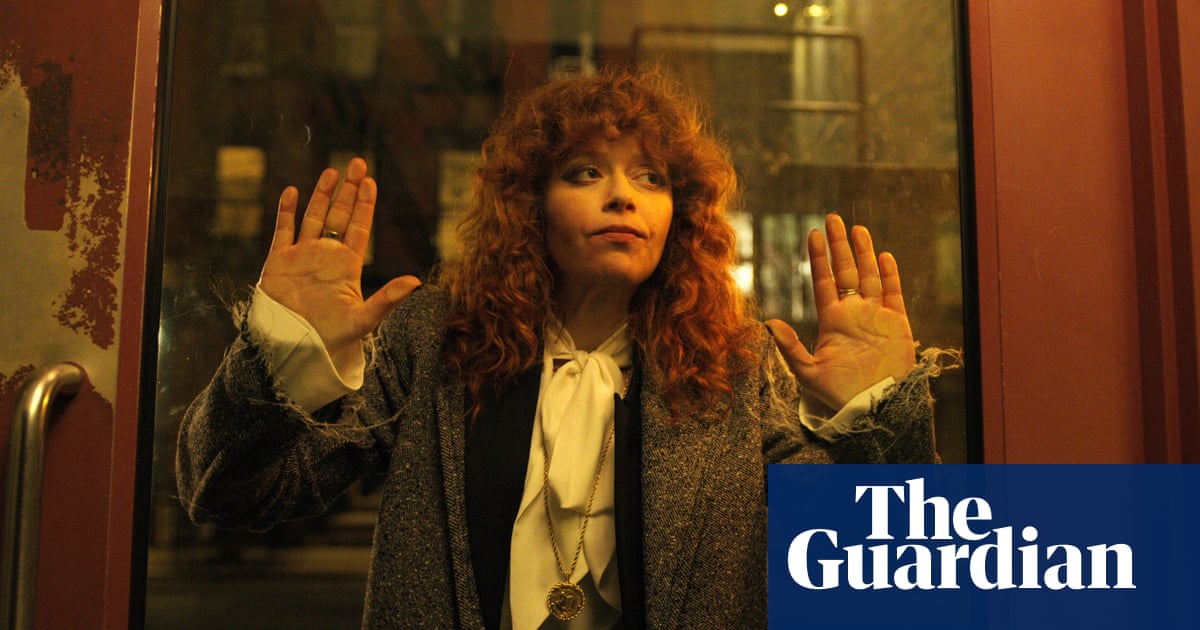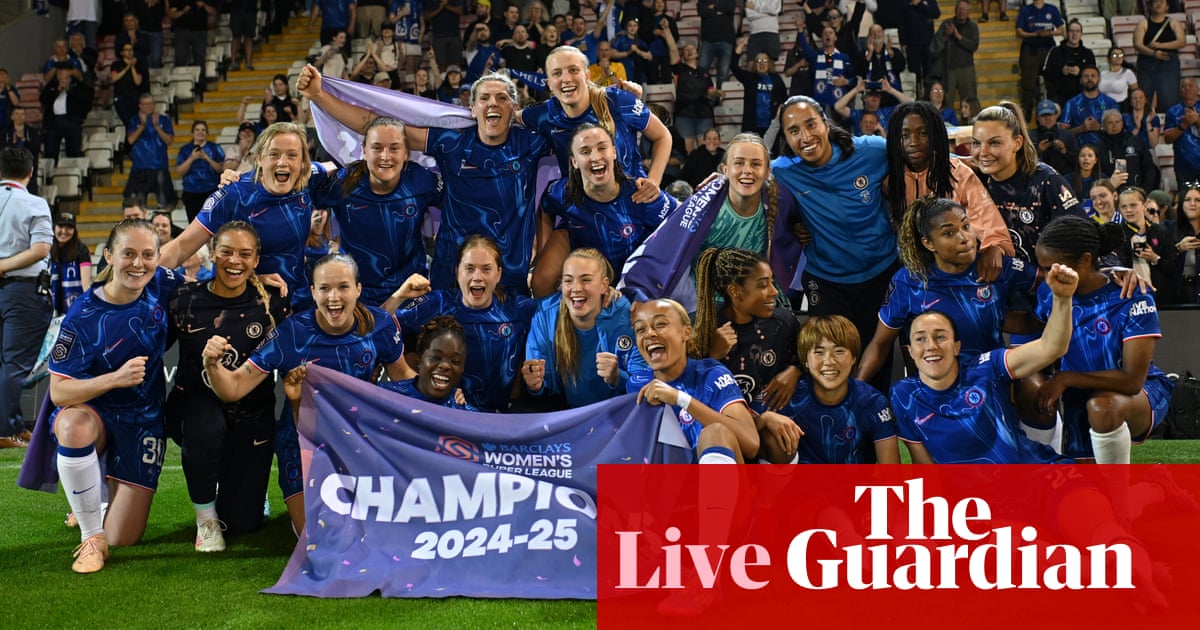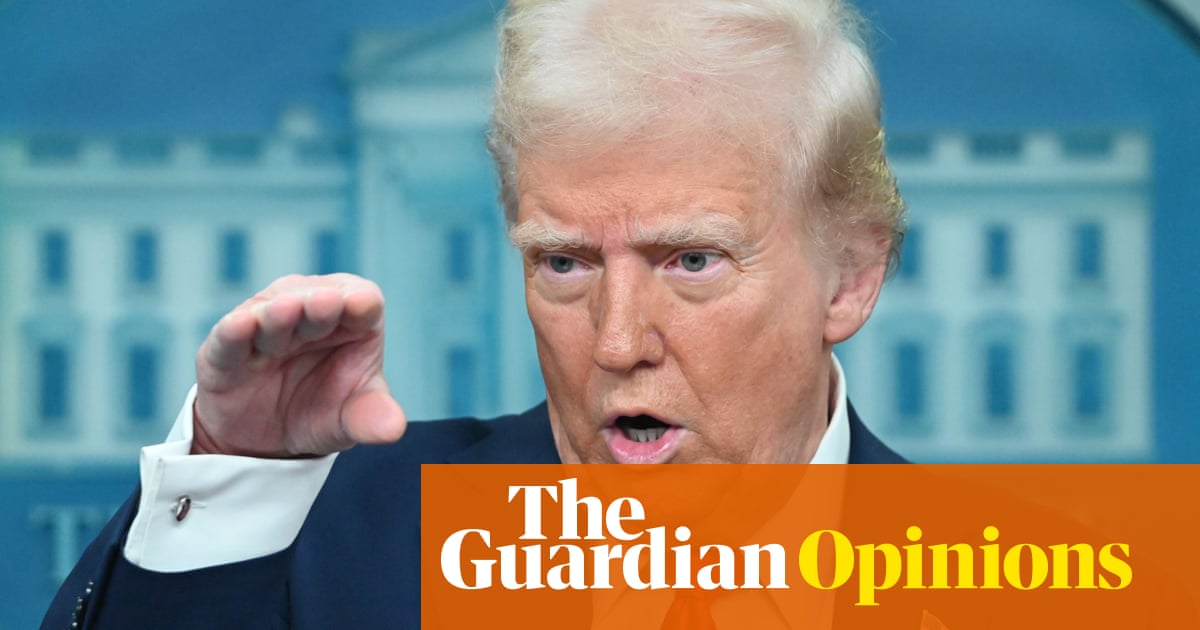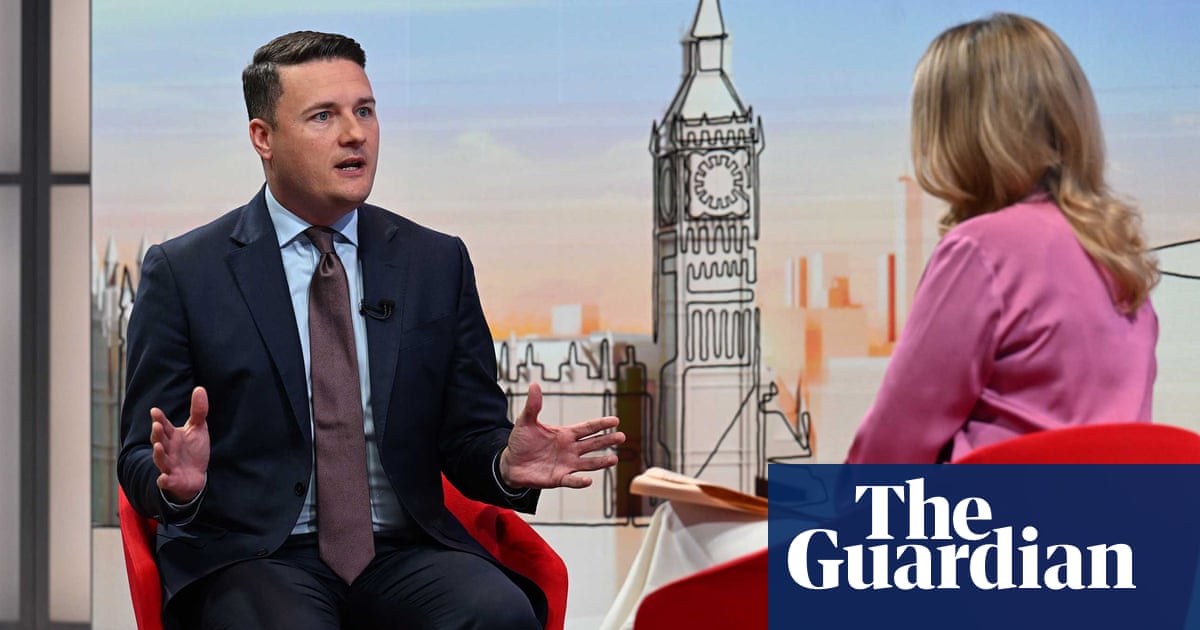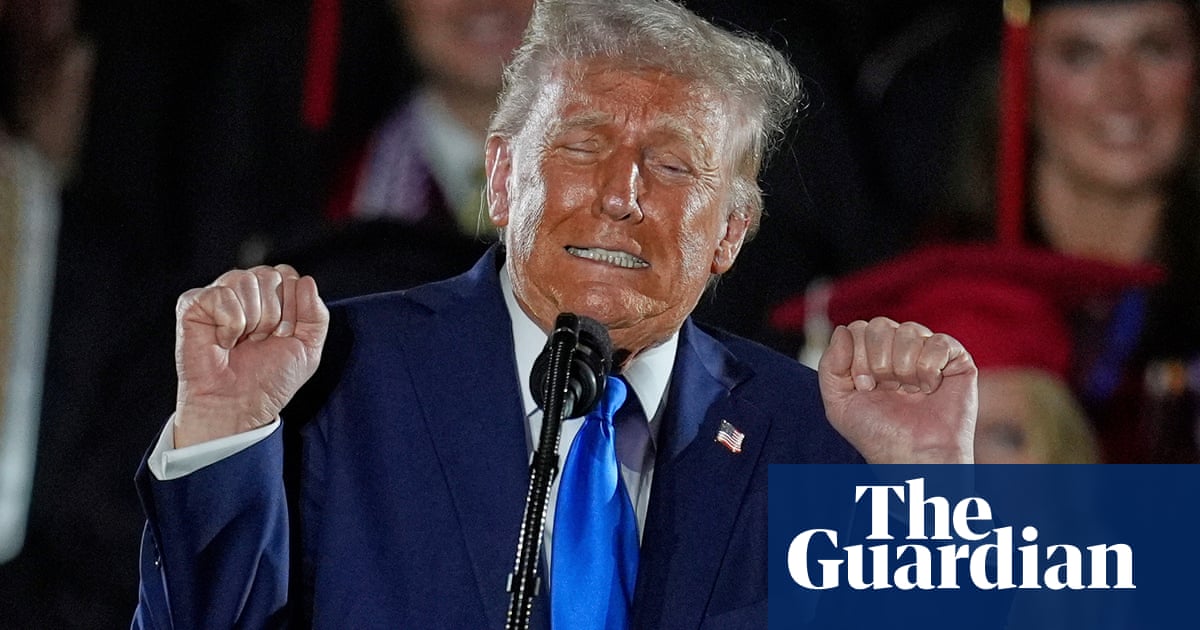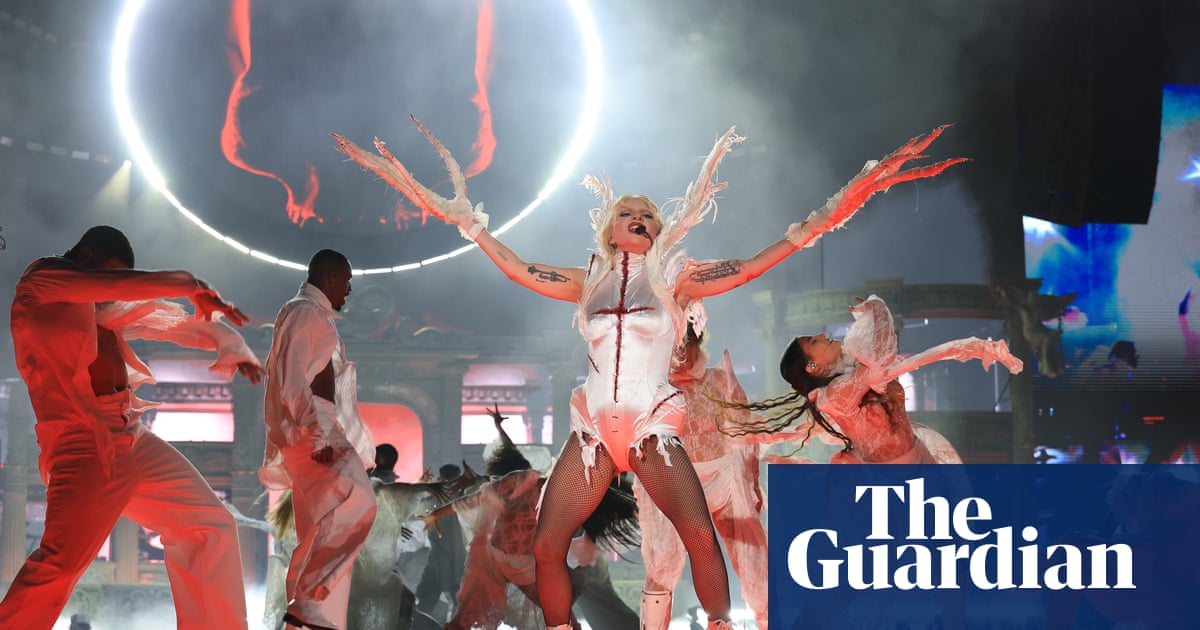With Channel 4 facing months of stopgap interim leadership and ITV in talks over a potential merger of its programme-making operation with a rival belonging to an Abu Dhabi-backed fund, the UK’s biggest free-to-air commercial broadcasters face a destabilising and uncertain summer.
Earlier this week, Alex Mahon, Channel 4’s chief executive, announced she is to stand down this summer after almost eight years in the role.
During her tenure, Channel 4’s first female chief executive navigated the pandemic, but was criticised for taking home millions in pay and bonuses, while pushing through the largest round of job cuts in 15 years as the broadcaster weathered the worst ad recession since the 2008 financial crisis.
Big cuts to Channel 4’s content budget, and pausing some recommissions, put severe strain on the hundreds of independent producers reliant on Channel 4.
After her predecessor fought off privatisation in 2017, Mahon was the architect of Channel 4’s move to significantly increase its presence outside the capital, including opening a “national headquarters” in Leeds, and opting to sell its London headquarters of 20 years.
Meanwhile ITV – whose chief executive, Carolyn McCall, is now in her eighth year in charge – is also facing a summer of uncertainty.
McCall, who has struggled to get investors to buy into ITV’s future prospects, is also considered by many observers to be nearing the end of her time in charge and is seeking to go out with a win on her résumé, with speculation growing about a potential deal for its successful programme-making division.
The notice period of a chief executive is typically a year, and although it is common practice to reduce this in certain situations, Mahon is making a hasty exit.
Mahon’s departure, to head up live events and festivals company Superstruct later in the summer, leaves Channel 4 under interim leadership for an extended period of time and her successor will not enjoy the handover Mahon had.
Her predecessor David Abraham’s contract with Channel 4 extended almost three months after Mahon began her role in early October 2017.
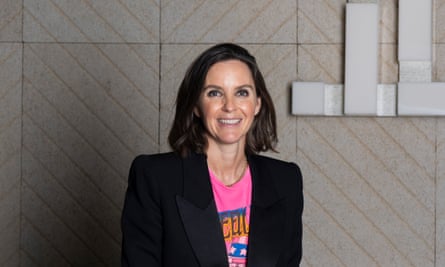
The management merry-go-round at Channel 4 is further thrust into unknown territory due to the fact it will also continue to operate with an interim chair, the former Channel 5 executive Dawn Airey, for months to come.
Previous chair Ian Cheshire announced his departure last December and ended a single term on 10 April.
In December, media regulator Ofcom, which is responsible for appointing a new chair subject to approval by the culture secretary, said it would start the hunt for his replacement “soon”.
However, the closing date for applications, in a process being run with executive search firm Russell Reynolds, only closed last Sunday night.
“This is destabilising,” said one former senior Channel 4 executive. “If you are a senior executive you’re obviously not sure who is going to get in. Jonathan Allan [interim chief executive] and Dawn will obviously do a good job but I would say it is never ideal to have a transition of those two roles at the same time.
“And given the notice period you’d also expect before a new chief executive could join, there will be a lengthy hiatus on any major decisions, probably well into 2026.”
The hunt for a new chief executive is yet to start but a number of high profile media industry figures have already emerged as potential contenders who could take on the role.
Internally there is Allan, the operations chief who went for the top job but lost out to Mahon last time, and programming boss Ian Katz.
Names in the frame externally include Sarah Rose, who launched Channel 4’s streaming service and is now the boss of Channel 5 and UK regional lead for parent Paramount, with executives facing an uncertain future as the US media company faces an $8bn takeover.
The role may also pique the interest of the Telegraph chief executive, Anna Jones, who is also facing an uncertain future with the protracted sale of the titles, although she lacks TV experience.
Channel 4 defended the board’s decision on the relatively hasty departure of Mahon.
“Alex Mahon’s departure is being managed appropriately by the board, with current interim arrangements approved to ensure continuity and stability while the board undertakes a comprehensive recruitment process over the coming months,” said a Channel 4 spokesperson.
A senior figure at one executive search firm has also criticised the state of the recruitment process for the next Channel 4 chair.
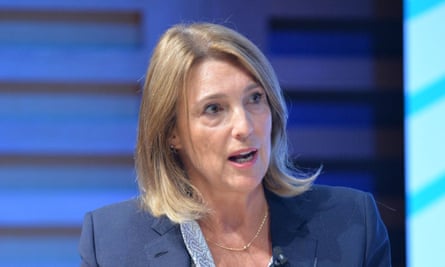
“Almost five months just to get to the closing date for applicants seems a stretch,” says the executive. “Cheshire would have let it be known a good couple of months before the announcement, so there was plenty of behind the scenes time to get the recruitment machine ready.
“Even allowing for Christmas and New Year a closing date in February should have been plausible. What you ideally want is a handover period between chairs, but failing that certainly not a huge gap. And any new chair will want to be fully involved in the chief executive appointment.”
Ofcom defended its progress saying that the timeline in place is to ensure it attracts the best candidates for the role.
after newsletter promotion
“We’ve been working to develop a recruitment process that will attract the best candidate for this important role,” said a spokesperson. “That is well under way, we’ve received a great deal of interest and we intend to make an appointment as soon as possible.”
Over at ITV, its share price has risen 12% since the beginning of the year as investors warm to reports that a deal to merge its successful programme-making division with a rival is on the cards.
While the broadcasting arm’s transition to streaming with ITVX is gathering pace, the reliance on the declining traditional linear TV ads continues to prove a switch-off for investors.
Some City analysts have argued the successful production arm, maker of shows from Love Island to Disney’s Rivals and I’m A Celebrity, could be worth more than all of ITV’s current market value of £3bn.
In January, reports emerged that ITV had entered early talks with private equity firm RedBird IMI, which was blocked from taking control of the Daily Telegraph.
RedBird last year struck a £1.2bn deal to buy All3Media, the maker of shows including Call the Midwife and The Traitors.
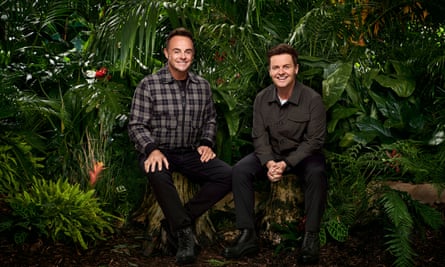
ITV had tried to buy All3Media, a deal would have created a TV production superpower, but it fell through at the 11th hour over price.
RedBird IMI is 75% funded by Sheikh Mansour bin Zayed al-Nahyan, the vice-president of the United Arab Emirates and owner of Manchester City football club, which was forced to put the Telegraph titles back up for sale last spring after the British government passed a law blocking foreign states or associated individuals from owning newspaper assets in the UK.
While any deal with ITV would not involve its broadcasting arm, which would immediately raise similar issues about influence and control over news, some believe that any deal with the UAE-backed firm could be too controversial for a UK public service broadcaster.
“At the moment, the sheikh feels too close for comfort to ITV,” says Alice Enders, a media analyst. “People do not feel happy with his 75% ownership of RedBird IMI. He has to be out of the picture, at least if you want to keep things simple and not face a potential Telegraph-style blowback. The opposition is to the state, the sheikh, and it feels like ITV Studios is not far enough from ITV the broadcaster.”
Talks have reportedly stalled on the issue of not just price but governance rights such as board representation in any joint venture.
An industry source contested that the issues faced by RedBird IMI in relation to it taking control of the Telegraph do not translate to a similar threat in the broadcasting sector.
The source said that there is complete operational separation between ITV’s broadcasting and studio operations, and that in any case the broadcaster last year renewed a new 10-year licence with Ofcom, including stringent requirements around responsibilities including news provision.
Earlier this week it emerged that French entertainment giant Banijay Group, owner of the TV production business behind shows such as Traitors, is also seeking to do a deal to combine its unit with ITV Studios.
However, Banijay also has its own chequered history.
Banijay Group is controlled by controversial French businessman Stéphane Courbit’s LOV Group, which owns a 45% stake.
In 2015, Courbit was one of a number people found guilty by a French court of taking advantage of L’Oreal heiress Liliane Bettencourt, then France’s second-richest woman, who died in 2017.
Courbit was fined €250,000 by a judge for wrongfully obtaining €144m in investment funds for his businesses from Bettencourt.
“Carolyn McCall [ITV chief executive] has been there almost eight years and it has been tough to get investors to buy into its future,” said one TV industry executive. “An ITV Studios deal will give her a successful legacy, she isn’t going to let it go wrong.”

.png) 4 hours ago
4
4 hours ago
4


